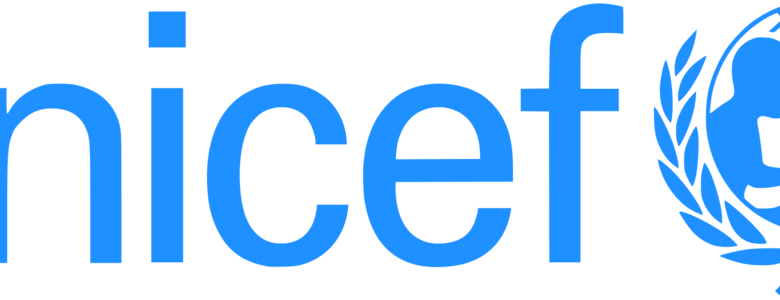
The United Nations Children Fund has recommended the Jigawa State model of nutrition intervention for Nigeria.
UNICEF declared in Dutse that it was elated by the Jigawa Government’s unique strategies at addressing malnutrition in the state.
The UNICEF Chief of Nutrition Section, Nemat Hajeebhoy, made the recommendation on Wednesday in Dutse during a visit to the Permanent Secretary, Ministry of Health, Kabir Ibrahim.
According to Hajeebhoy, various measures have been taken by the state government to control malnutrition amongst children and mothers.
She hailed the Masaki programme and integrated health system to reduce malnutrition.
The UNICEF Chief of nutrition therefore urged other states in the country to emulate the Jigawa model in addressing the menace.
Hajeebhoy, however, advised the Jigawa government to commit to do more to keep its lead.
Responding, permanent secretary to the governor of the state, Bala Ibrahim, acknowledged the intervention being provided by UNICEF and pledged the state government’s readiness to upscale best practices.
The permanent secretary also hailed the media, civil society and legislature for ensuring transparency and accountability.
According to him, there are challenges with nutrition intervention that is donor driven and running health facilities.
Ibrahim said inadequate funding was also affecting operations of the Masaki (traditional calabash) for storing nutritional baby foods and for bathing the babies.
He stated that 90 per cent of the Masaki beneficiaries were not hitherto accessing health facilities for nutrition services, but the introduction of OTPs is redressing the malnutrition malady.
“Masaki is one hundred percent initiative of the state,” said the permanent secretary.
The UNICEF team later visited Tisa Masaki, Sakwaya Primary Health Care Centre and Dutse General Hospital to assess the dieting services offered to children and mothers as well as provide immediate remedies.





